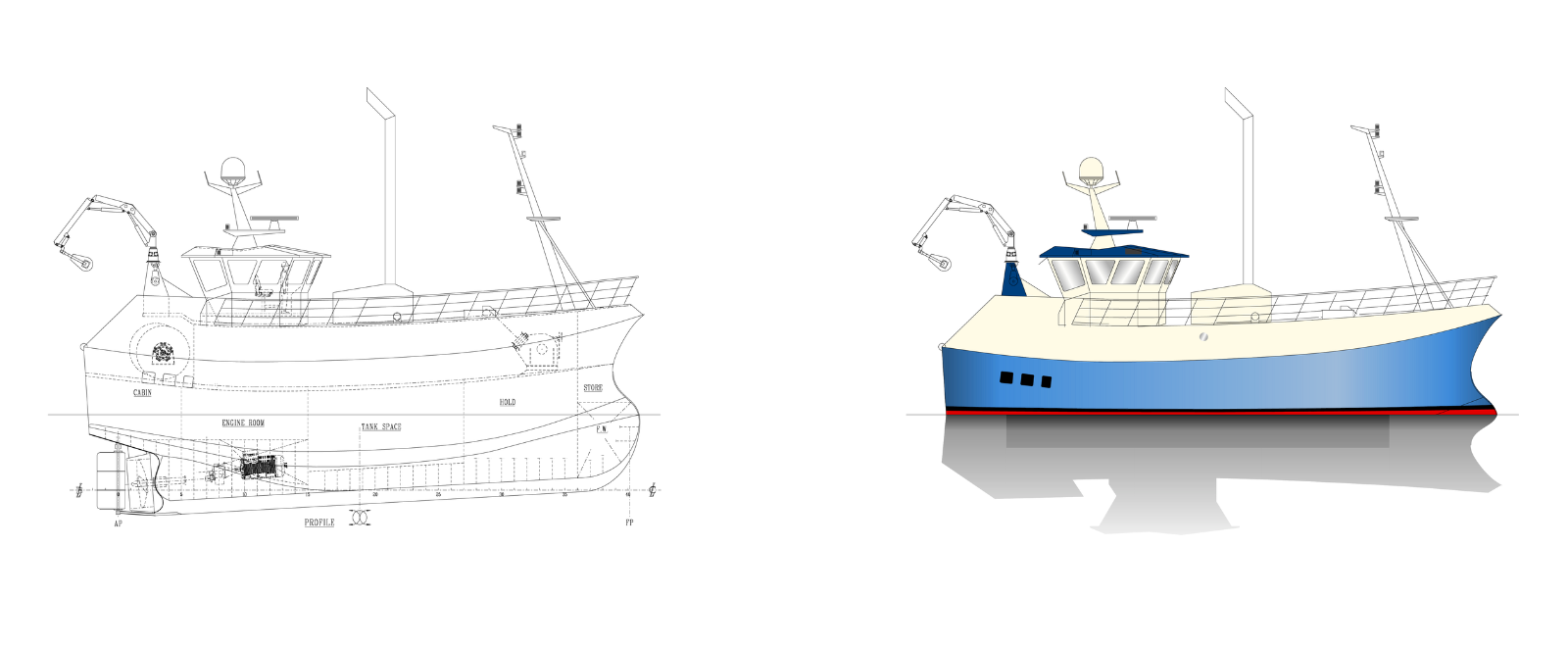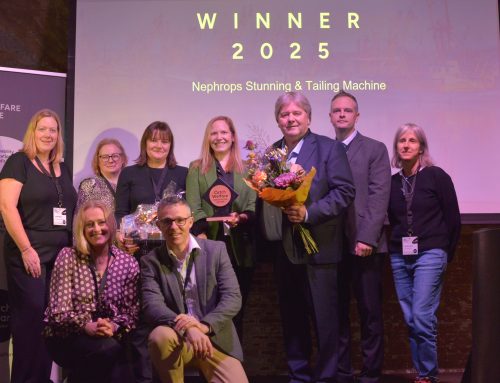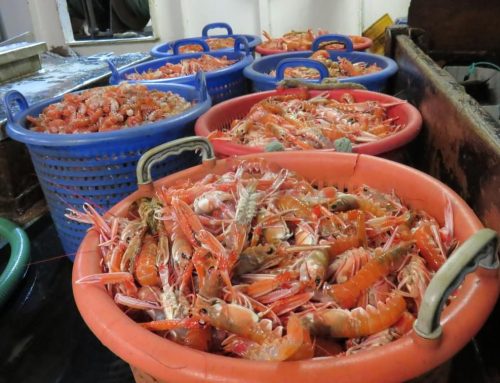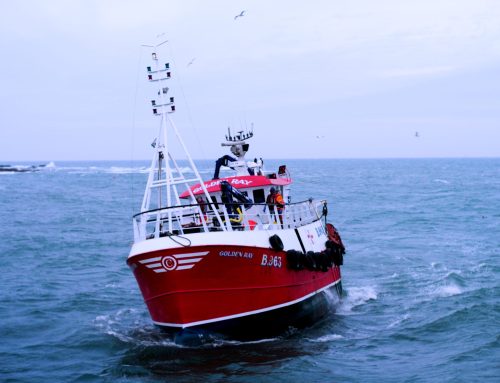We have unveiled our latest report taking a practical look at decarbonising the UK fishing fleet, this time comparing hydrogen fuel as an option to deliver net-zero fishing vessels. Produced by experts at Macduff Ship Design, and with support from Marine Fund Scotland, the research provides detailed vessel specifications, and – by drawing comparisons with previous research into the opportunities offered by battery-electric power, methanol, and liquified natural gas options – calls for crucial information to help fishing businesses stay safe and competitive as net zero deadlines approach.
With the net zero commitments of 2045 for Scotland and 2050 for England on the horizon, this hydrogen-focused report builds on the momentum generated by FIS during previous stages of this project, including identifying critical barriers to achieving net zero emissions, paving the way for the development of six unique, alternatively-powered vessel designs.
This ‘Stage 3 Concept Design Project’ introduces three more innovative vessel designs, powered by hydrogen. By comparing the new specifications with a diesel ‘parent vessel’, and with previous ‘Stage 2’ designs under the same project, the research offers insights into the financial and operational implications of hydrogen as a fuel source for different vessel types, and different fishing patterns.
Duncan Boag, Naval Architect at Macduff Ship Design, emphasised the significance of these designs, stating, “These new designs for hydrogen-fuelled vessels represent another important step in mapping out the practicalities of the net zero transition for the UK fishing fleet. Hydrogen has promise for fishing vessels with relatively short operational cycles, and can extend the range in comparison to battery electric versions. In general, the hydrogen power option means a reduction in both hold space and duration of the fishing cycle. In instances where this reduced operation aligns with an owner’s requirement, a hydrogen solution may emerge as a competitive alternative to other fuel options. The new hydrogen designs are all viable from a development perspective, but they each pose technical, regulatory, and financial challenges for the industry that must be addressed.”
Taking the unique requirements of various fishing vessel types into account, and despite challenges such as increased complexity and reduced range compared to other fuel options, hydrogen remains an attractive option in the future due to its anticipated low cost and widespread availability compared to other alternative fuels.
Executive Director of FIS, Kara Brydson, underscored the importance of addressing such barriers, stating, “This programme of work is right at the core of FIS’ mission, helping UK fishing stay safe and competitive as it adopts alternative fuels to catch low carbon, nutritious seafood. The detail can seem overwhelming when there are so many variations in vessel type and fishing activity around our coast – that’s why we chose to dive in with direct comparisons to active vessels, and explore all possible impacts of business viability, safety, and feasibility from a regulatory and infrastructure perspective. Fishing vessel owners are forward looking, but they’re also practical people who want answers on future fuel costs, availability, and access.”
To support UK fishing vessel owners in transitioning away from fossil fuel diesel, the report introduces a roadmap, identifying essential short, medium, and long-term actions. These recommendations range from studies on future fuel infrastructure to collaborative projects building vital demonstrator vessels.
“We’ve outlined steps to help fishing vessel owners make informed choices on this transition, in a relevant timeframe. Brydson comments, “There’s an urgency to this – vessels being built right now will still be fishing as we hit decarbonisation deadlines, so we need practical details of what must happen, and in what order, to help the UK seafood industry plan from here to net zero.
To learn more about the project, see here, or get in touch with Kara Brydson.







